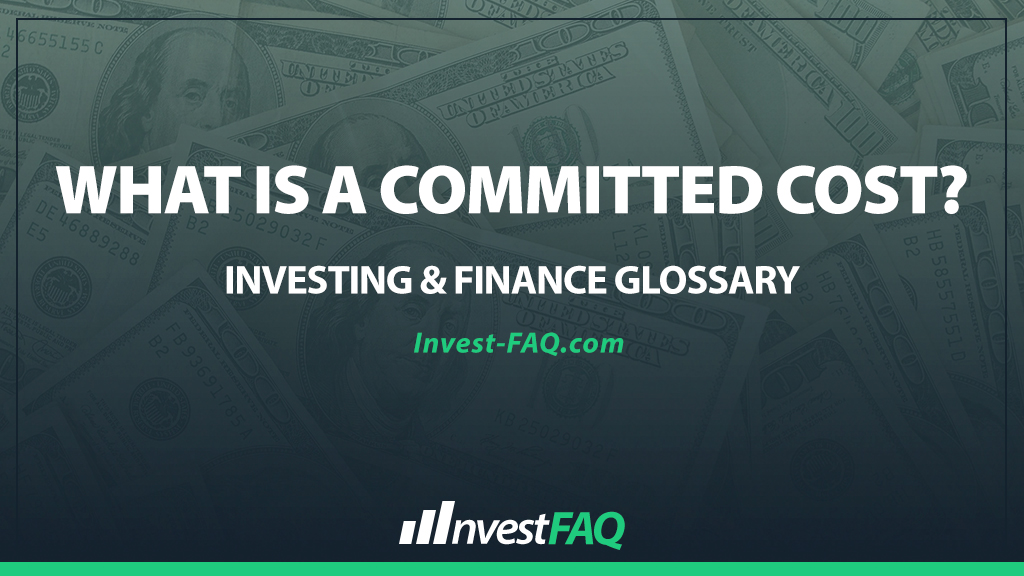
Committed Cost
Contents
A committed cost refers to expenses a company has already obligated itself to pay in the future, often as a result of legal contracts or other formal agreements. These costs cannot be easily altered or reversed without incurring significant penalties or costs.
In business, understanding and managing committed costs is crucial for effective budgeting and financial planning.
These costs include long-term contracts for rent, leases, salaries of permanent employees, and equipment purchases. Identifying and accounting for committed costs help businesses predict future cash flows and make informed decisions regarding investments, cost-cutting, and strategic planning.
Example of a Committed Cost
“Green Energy Solutions” enters into a 5-year lease agreement for office space at an annual cost of $120,000. This agreement represents a committed cost as the company is legally obligated to pay this lease expense for the duration of the contract.
Lease Duration: 5 years
Annual Lease Cost: $120,000
Total Committed Cost Over 5 Years: $600,000
From an accounting perspective, Green Energy Solutions must recognize this commitment in its financial planning and reporting, ensuring that sufficient funds are allocated each year to cover the lease payments.
In this scenario, the lease agreement for office space represents a fixed financial obligation for Green Energy Solutions over the next 5 years. By entering into this contract, the company commits to an expense that will impact its financial statements for the duration of the lease.
The annual lease cost of $120,000 will be recorded as an expense in the company’s income statement each year, reducing its net income. This committed cost must be carefully considered in the company’s budgeting process to ensure that there are adequate resources to cover this obligation while still pursuing other business objectives.
Significance for Investing & Finance
Committed costs hold significant importance in accounting for several reasons:
Budgeting and Financial Planning: Committed costs must be accounted for in budgeting processes to ensure that the company can meet its future financial obligations.
Cash Flow Management: Understanding committed costs is essential for effective cash flow management, as these obligations impact the company’s liquidity and its ability to fund operations and growth initiatives.
Financial Statement Accuracy: Properly accounting for committed costs helps ensure the accuracy of financial statements, providing stakeholders with a clear picture of the company’s financial health and obligations.
Strategic Decision-Making: Knowledge of committed costs informs strategic decisions, as management must consider these fixed obligations when planning for expansions, new projects, or cost reduction initiatives.
In summary, committed costs represent significant financial obligations that businesses must carefully manage and account for in their financial planning and reporting.
Recognizing these costs is crucial for maintaining financial stability, ensuring the accuracy of financial statements, and making informed strategic decisions that support the company’s long-term success.
FAQ
What defines a committed cost in business finance?
A committed cost is an expense that a company has already pledged to incur, arising from obligations like contracts or purchase orders, which cannot be easily altered or avoided.
How does a committed cost differ from a discretionary cost?
Committed costs result from past business decisions that lead to future spending obligations, whereas discretionary costs can be adjusted or avoided in the short term, depending on management’s decisions.
Can committed costs be canceled or modified?
While committed costs are generally fixed and binding, under certain conditions and potentially with penalties, some commitments may be renegotiated or canceled depending on the terms of the original agreement.
Why are committed costs important for budgeting and financial planning?
Committed costs are crucial for budgeting and financial planning because they represent fixed expenses that must be accounted for, influencing cash flow projections and the allocation of resources for other business activities.
